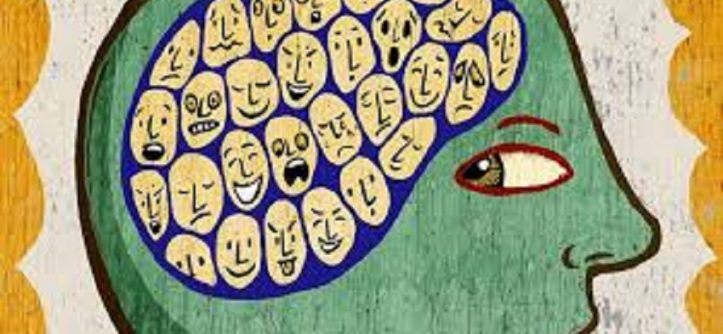People are often quite willing to discuss problems regarding their physical health. They are typically less willing, however, to talk about problems involving their mental health. As a result, mental illnesses such as schizophrenia can easily be misunderstood. Unless you know someone who has this disorder, or have taken the time to read a book on living with schizophrenia, it might seem to be a mysterious diagnosis.
What Is Schizophrenia?
Schizophrenia refers to a severe and chronic brain-based disorder that impacts a person’s emotions, thoughts, and behavior. According to the World Health Organization (WHO), 20 million people are affected worldwide. People with this condition often cannot normally interpret reality, and they have difficulties with distinguishing which experiences are real and which are imagined. An individual’s daily functioning may be impaired, or even disabled, and the need for treatment is often long-term.
What Are Some Symptoms?
Although the severity and type of symptoms can vary over time, and can also change depending on the individual, some common symptoms exist. Hallucinations usually occur. These involve perceiving things that do not exist, such as hearing voices. Most people with schizophrenia also experience delusions or false beliefs that have no basis in reality. A person’s speech and thinking are often disorganized, and thus communication can become impaired. In addition, movements may appear purposeless, and an individual might display a reduced ability to function.
What Does Treatment Involve?
Medications, specifically antipsychotic drugs, generally play a large role in treating this illness. As a possible alternative to drug therapy, some people might consider electroconvulsive therapy (ECT). If someone with schizophrenia experiences an increase in the severity of his or her symptoms, temporary hospitalization might need to be incorporated into the treatment plan.
As well, people can often benefit from individual or family therapy. Social skills training, vocational rehabilitation, and supported employment can also improve an individual’s daily life. It is also important for the person with schizophrenia to realize that although having this diagnosis might mean traveling along a different path, that path can still lead to happiness.





Leave a Reply
You must be logged in to post a comment.